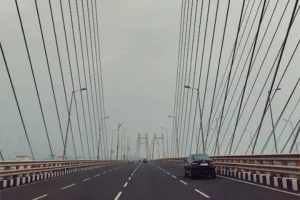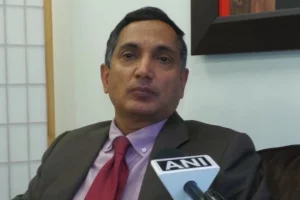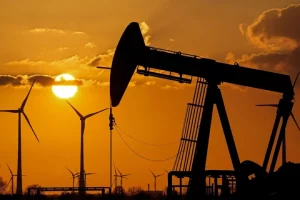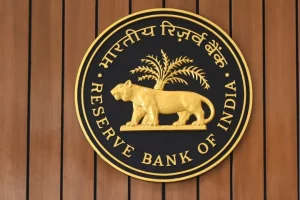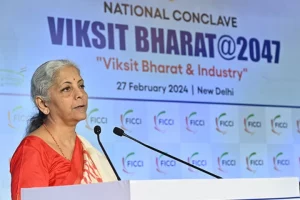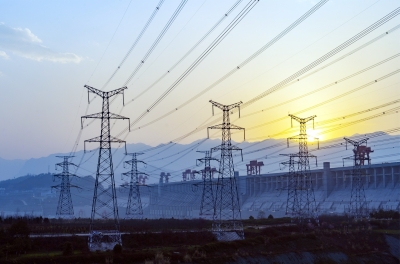Indians are unlikely to get any immediate respite from high fuel prices as global prices of crude oil have soared past the $100 per barrel mark. Though the price of petrol in India has risen above Rs 100 a litre, the Centre is not in a position to slash duties despite the rising pitch from the Opposition parties as it needs the money for social welfare schemes and infrastructure projects.
Global oil prices have surged following Russia’s attack on Ukraine. Crude oil prices are currently at over $100 a barrel though a few days ago Brent crude slipped below the $100 per barrel mark. This is worrisome for New Delhi, which imports more than 80 per cent of its total oil requirements.
Currently in India, petrol prices are calculated on the basis of excise duty and value added tax (VAT). The excise duty goes to the central government while the VAT adds to the state governments’ kitty. Petroleum products are outside the ambit of the goods and services tax (GST).
Also read: RBI lowers India's growth projection to 7.2% from 7.8%, focus now shifts to managing inflation
Lowering the price would mean lesser revenue for the government at a time when fiscal deficit has widened amid the Covid 19 pandemic. The expenditure on health has gone up and allocations on education and housing for the poor have to be maintained.
Infrastructure projects such as highways which spur growth and create jobs also have to be financed.
“We are against populism. We are aware of the price rise that is hurting everyone in the country but we cannot afford to come up with populist measures that could cripple the economy,” Gopal Krishna Agarwal, BJP’s national spokesperson told India Narrative.
“For us good economics is good politics and we will not deviate from that path,” Agarwal said.
Sri Lanka’s economic crisis and populist measures
On Tuesday, Sri Lanka announced that it will default on its $51 billion external debt. Analysts have blamed the Gotabaya Rajapaksa government for the economic debacle.
Though Sri Lanka’s external debts have been piling up amid dwindling foreign exchange reserves, the problem stems from the fact that Colombo had drastically cut taxes. Personal income tax was reduced by 40 per cent and VAT taxpayers got a relief of 70 per cent. The Covid 19 pandemic only added to the problem.
Also read: Stern IMF cracks the whip on Sri Lanka–asks debt-ridden Colombo to raise taxes
“The economic problems in Sri Lanka had begun to show even before the pandemic hit. The economic crisis is not solely due to the pandemic but the populist measures announced by the Rajapaksas..India must refrain from any such measures, especially now since the world economy is in the middle of an extremely volatile period,” an insider said.







